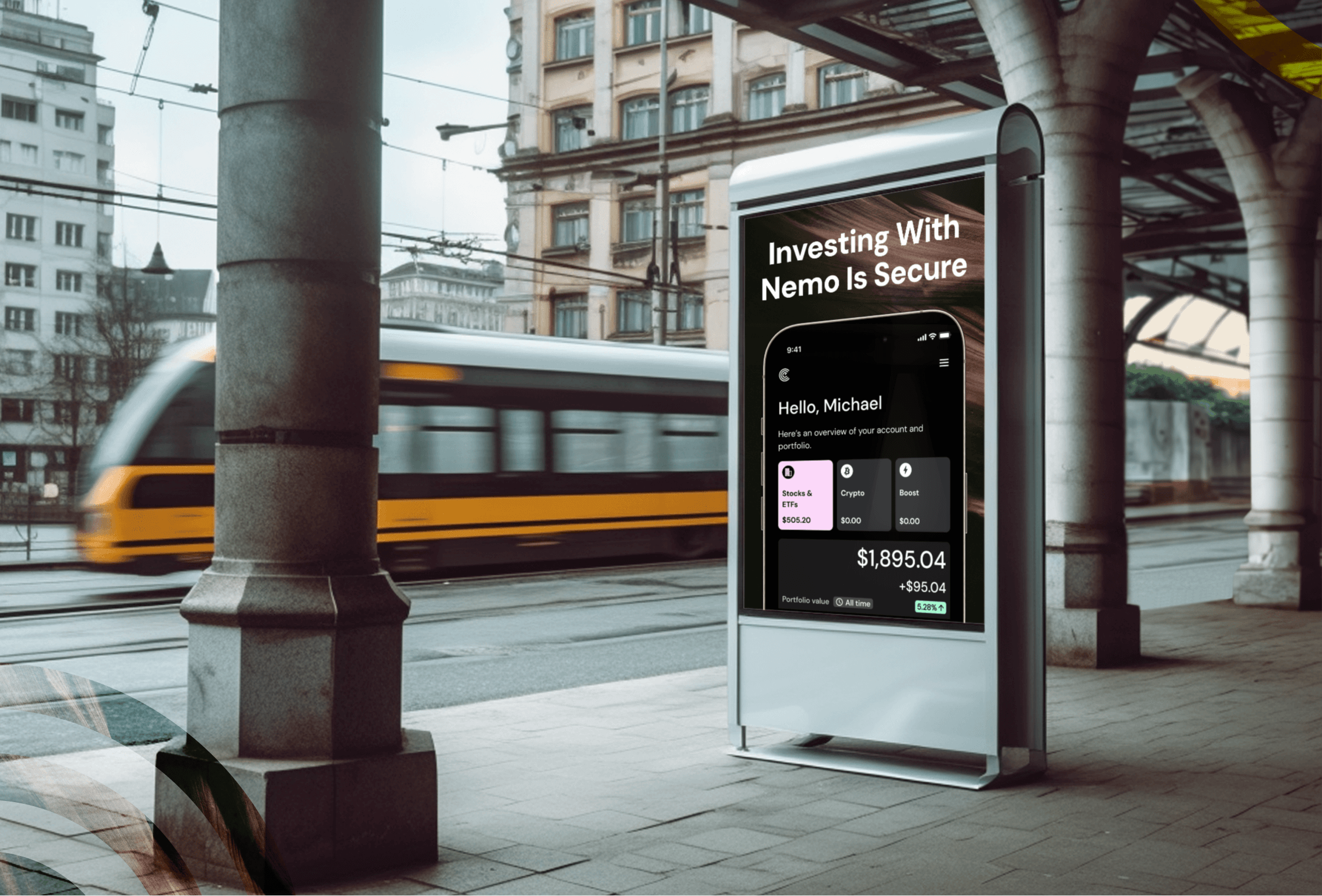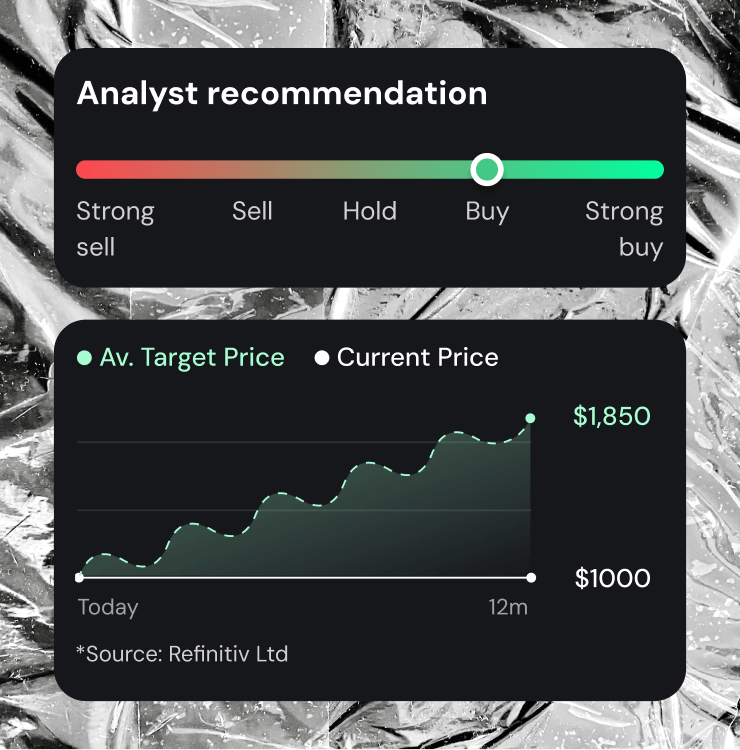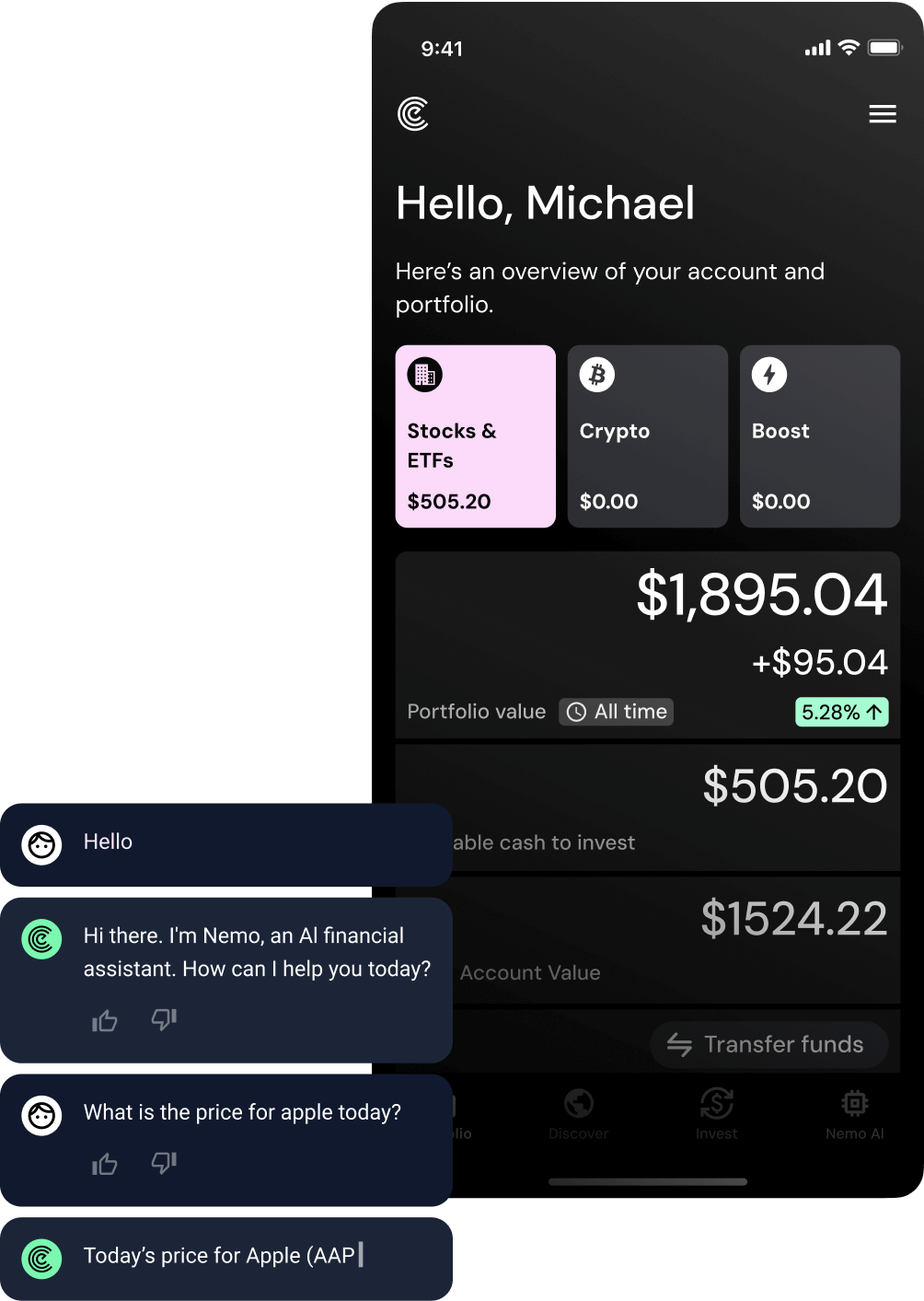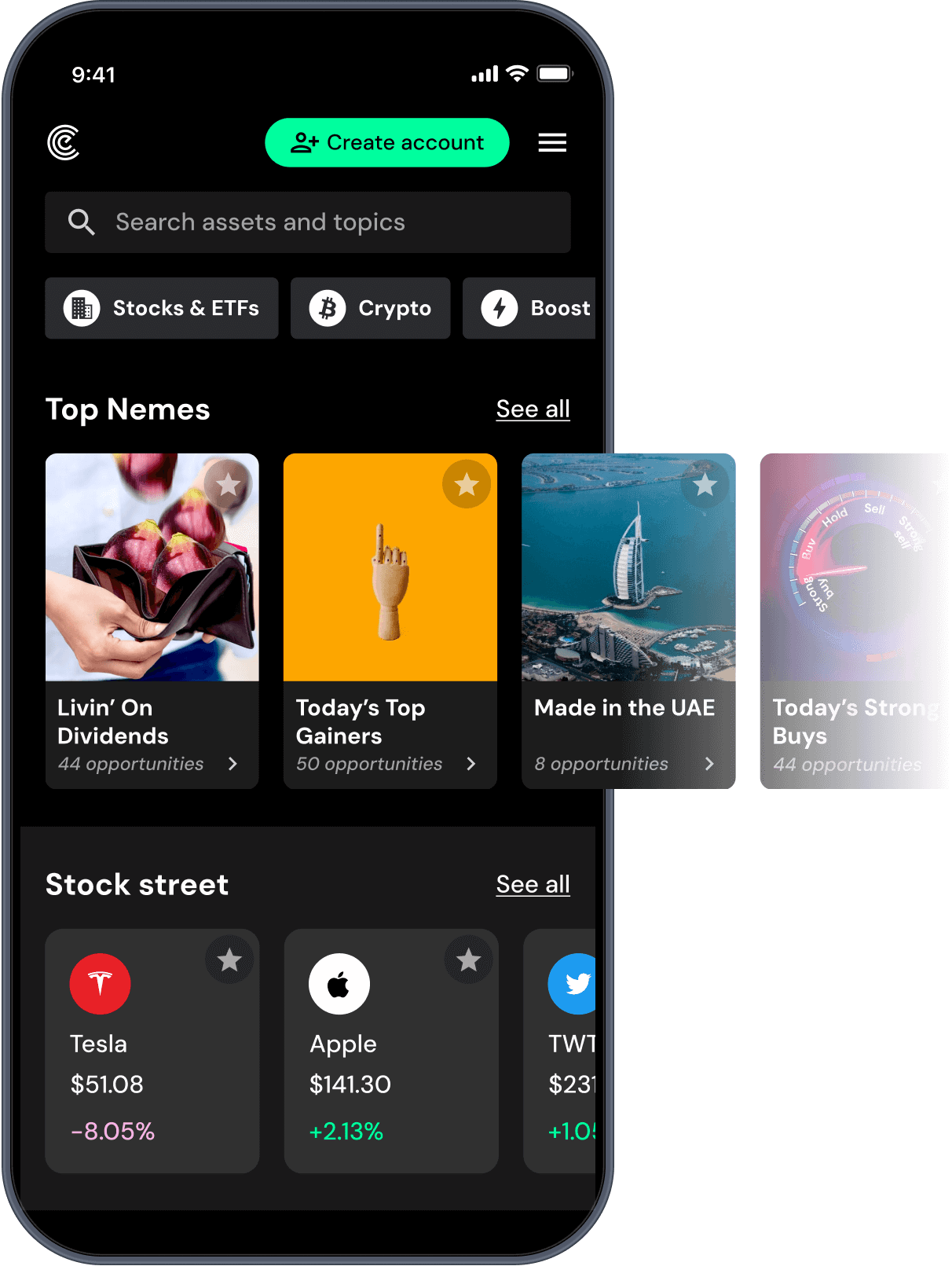
As a Product Owner in a large organization like Exinity, you’re often caught between the high expectations of leadership and the practical realities of product development. You’re tasked with delivering innovation, driving user engagement, and meeting tight deadlines, all while navigating internal politics, resource constraints, and the ever-present risk of project failure. When Exinity initially launched Exinity World—a mass-market investing app—the project encountered challenges despite the team's talent and effort. The core issues arose from a misalignment between strategy and execution, along with an approach that wasn't agile enough to meet expectations.
You’ve likely faced similar challenges. Perhaps you’ve been in a situation where a promising project struggled due to poor communication between teams, or where the pressure to deliver a flawless product on the first try led to delays and missed opportunities. These are common issues, but they don’t have to define your experience. With the right partner, you can navigate these challenges and emerge with a product that not only meets expectations but exceeds them.

When Exinity decided to restart their project, they knew they needed more than just an external agency. They needed a partner who could understand the complex dynamics of their organisation, who could work as an extension of their own team, and who could bring a fresh perspective grounded in modern product design principles. That’s where Bettor Faster came in.
We understood the pressures you face as a Product Owner: the need to keep stakeholders aligned, the constant push for innovation, and the importance of delivering measurable results. From our first conversations with Exinity, we focused on understanding their pain points and aligning our approach with their strategic goals. We didn’t just want to deliver a product; we wanted to empower Exinity’s product team to succeed in a way that would resonate throughout the organization.


One of the first steps we took was conducting a comprehensive audit of the Exinity World project. We discovered that the initial failure wasn’t due to a lack of effort, but rather a misalignment between the development and design teams, a waterfall approach that stifled agility, and a lack of data-driven decision-making. These are challenges that many Product Owners are all too familiar with: teams working in silos, lengthy development cycles, and a reluctance to release until everything is perfect.
We proposed a pivot to a lean product design strategy, emphasizing rapid iteration, MVP development, and cross-functional collaboration. This approach wasn’t just about speeding up the process; it was about ensuring that every step of the way, the product was being shaped by real user feedback and validated through data.
Forming a Cross-Functional Team
We started with a small, agile team that included UX, UI, developers, and business analysts, ensuring tight collaboration and quick decision-making
Focusing on MVP
We shifted the focus to delivering a minimum viable product quickly, with a strong USP that would resonate with users and stakeholders alike
Rapid Experimentation
By testing assumptions through low-cost experiments, we were able to validate ideas quickly and reduce the risk of large-scale failures

With the strategy in place, we moved quickly into execution. One of the key challenges was selecting a backend vendor for the trade execution engine—a critical decision that could have delayed the entire project. However, rather than letting this decision slow us down, we launched a content-only progressive web app (PWA) that showcased our innovative thematic trading collections, called “Nemes.”
This allowed us to demonstrate the product’s potential while continuing to work on the more complex technical aspects. Within four months, the content-only PWA was live, and within nine months, the full MVP with trading capabilities was launched. This rapid turnaround was possible because of our focus on agile processes, continuous feedback, and the ability to make decisions quickly.
For you as a Product Owner, this approach means less time spent managing bottlenecks and more time delivering value to your users. It’s about creating momentum, maintaining stakeholder confidence, and ensuring that the product evolves in line with both market demands and user needs.
The results of this new approach were clear and quantifiable. By focusing on rapid iteration and user-centered design, we were able to significantly improve key performance metrics:
Onboarding Funnel Conversion
improvement
Increased from 1.53% to 14.5%
Lite to Full Registration Conversion
increase
Grew from 17.5% to 46.5%
Full Registration to Deposit Conversion
improvement
Soared from 0.302% to 4.97%
These metrics reflect not just a successful launch, but a product that is truly resonating with its target audience. For a Product Owner, this is the ultimate goal: to deliver a product that not only meets KPIs but also secures its place in the market by addressing real user needs.

Throughout the project, we worked closely with Exinity’s product team, integrating our processes with theirs and ensuring that everyone was aligned on the goals and direction. We didn’t just provide a service; we became a part of the team, working side by side to overcome challenges and drive the project forward.
This kind of partnership is invaluable for Product Owners. It means having a partner who understands the pressures you face, who can take on some of the load, and who is as committed to the product’s success as you are. It’s about trust, collaboration, and the confidence that comes from knowing you have the right team in place.
From our experience with Nemo, several key takeaways emerged that can help guide future projects:
Start Small, Scale Fast
Begin with a lean, cross-functional team to build momentum and scale as needed. This keeps the project agile and responsive to change
Focus on the User
Make decisions based on real user feedback and data, rather than assumptions. This helps ensure that the product truly meets market needs
Prioritize MVP
Get a viable product in front of users as quickly as possible to gather feedback and iterate. This reduces the risk of large-scale failures and helps maintain stakeholder confidence
Foster Cross-Team Collaboration
Break down silos and encourage communication between design, development, and business teams. This alignment is critical to delivering a cohesive product
At Bettor Faster, we are committed to driving strategic success for our clients through innovative, impactful projects. The Nemo app is a prime example of how a trusted partnership, combined with cutting-edge product design and execution, can transform a business challenge into a market-leading success.
If your organization is facing a similar strategic challenge or is ready to innovate in a competitive market, we invite you to discuss how we can help you achieve your vision. Let’s turn your next big challenge into a strategic victory.